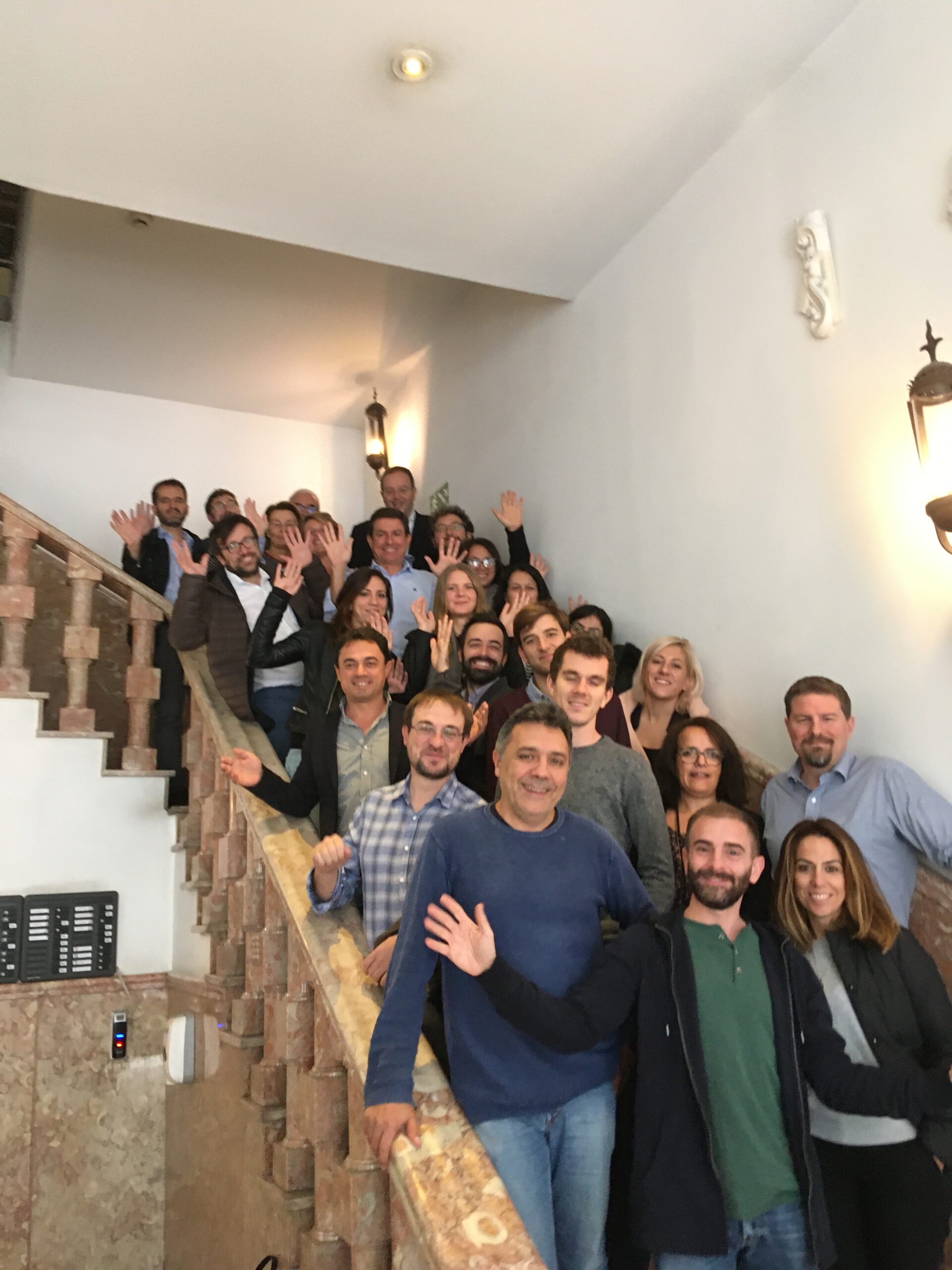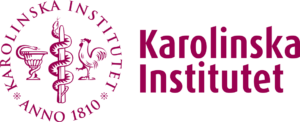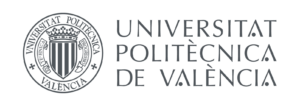CONSORTIUM

The POTION project comprises ten partners from eight European countries (Italy, Portugal, Sweden, France, Spain, United Kingdom, Ireland and Belgium).
The consortium is made up of Higher Education Bodies, that are all leading European institutions internationally recognised for their research centres and Commercial Enterprises with extensive experience in innovation and market research and uptake.
The project is led by Università di Pisa (Italy).
Members of the consortium
Università di Pisa – Centro di Ricerca “E. Piaggio” (Italy)

The University of Pisa (UNIPI), founded in 1343, is among the oldest and most prestigious universities in Europe, with alumni such as Galilei, Volterra and Fermi.
In POTION, UNIPI is represented by the “E. Piaggio” Research Centre and the Department of Chemistry and Industrial Chemistry (DCCI). The “E. Piaggio” Research Centre organizes interdisciplinary research among engineering, medicine, and biological scientists towards applications in Bioengineering and Robotics.
The Department of Chemistry and Industrial Chemistry has considerable experience and widespread competences in the development of analytical techniques and devices for health care and medical monitoring.
ISPA CRL (Portugal)

ISPA – Instituto Universitário is one of the oldest private universities in Portugal and started the first Psychology degree in the country. Over the years it has developed a strong integrative and multidisciplinary vision in the study of psychological, social and life sciences, with Biology and Neuroscience being the most recent research areas. One of the three R&D Units at ISPA is the William James Center for Research (WJCR) founded by Professor G.R Semin in 2015. The WJCR has been evaluated as Excellent by the Portuguese Science Foundation (FCT), making it one of the top 4 Portuguese R&D Centres in Psychology. The research unit has one of the best, fully equipped laboratories in the country with state-of-the-art research facilities.
Karolinska Institutet (Sweden)

The Karolinska Institutet, in Stockholm, Sweden, is a medical university founded in 1810. It consists of 22 departments that carry out research and offer education in a diverse range of medical and allied clinical specialties. The National Centre for Suicide Research and Prevention of Mental Ill-Health (NASP) is the division of KI involved in POTION.
NASP has been involved in the consultative platform on mental health and the production of several EU documents and guidelines and plays a unique central policy recommendatory role in the prevention of suicide and mental ill-health.
Universitat Politècnica de València (Spain)

Universitat Politècnica de València is the single Spanish Technical University that features in all the world University rankings. It is among the Spanish Universities with the highest revenue from competitive research (R&D contracts, consulting and service delivery, spin-off) and a national leader in patent exploitation. Constituted in 1968, it comprises nearly 40.000 students, 15 schools, and 11 university research centres of excellence.
The research institute UPV-I3B, is a thoroughly consolidated centre of excellence in R&D (founded in 1992) with the objective to investigate how new technologies can increase the abilities and capacity of people in areas such as health, social well-being, robotics or industrial simulation. The members of the institute (55 people) work in multidisciplinary teams made up of engineers, physicians, psychologists, mathematicians, designers and experts in man-machines interfaces.
University of Essex (United Kingdom)

The School of Computer Science and Electronic Engineering (CSEE) at the University of Essex has an outstanding reputation for teaching and high-quality research in artificial intelligence, biomedical engineering, brain-computer interfaces, computer games, evolutionary computation, human language technology, robotics, networks and optoelectronics. Particularly relevant to this application is their research in artificial intelligence and in life and medical sciences applications, which was judged as world-leading in the recent Research Excellence Framework, the system for assessing the quality of research in UK higher education institutions. The Essex Brain-Computer Interface (BCI) Laboratory (founded in 2004) is one of the largest and better equipped in Europe. For over a decade, it has produced highly visible internationally leading research with international collaborators at MIT, NASA Jet Propulsion Laboratory and the European Space Agency.
Università degli Studi di Padova (Italy)

Founded in 1222, the University of Padua (Italy) is one of the oldest and most prestigious universities in the world.
It manages almost 280 European research projects and was rewarded with the ‘HR Excellence in Research’ logo by the European Commission in 2012.
The Department of General Psychology has about 50 faculty members and about 40 researchers at the PhD and post-doctoral level. The department has a strong focus on experimental psychology, affective and cognitive neuroscience, and cognitive and clinical psychology. Researchers involved in the project have a long-lasting experience in psychophysiology and neurobiology of mental disorders and have used visual stimulation to study and treat mental disorders such as phobias, anxiety and depression.
KU Leuven (Belgium)

KU Leuven boasts a rich tradition of education and research that dates back six centuries and is currently by far the largest University in Belgium in terms of research funding. In the Times Higher Education ranking KU Leuven is ranked as the 14th European University, while in the Reuters Top 100 of the World’s most innovative institutions, KU Leuven is listed as the first European University.
The KU Leuven Centre for IT & IP Law (CiTiP) is a research centre at the Faculty of Law of KU Leuven dedicated to advance and promote legal knowledge about the information society through research and teaching of the highest quality in the areas of Data Privacy and Information Security Law, New Media and Communications Law, and Information Rights Management.
SRA Instruments SAS (France)

SRA Instruments, founded in France in 1987, specialize in the design, manufacture and integration of sampling systems and on-line analysers capable of monitoring gas and volatile organic compounds.
In POTION, SRA is responsible for providing a sufficiently effective analytical platform aimed to guarantee the widest possible identification of the molecules constituting the volatile/semi-volatile fraction of the samples withdrawn during the whole study, as well as contributing with its own skills to design an appropriate sampling system.
In a second stage, SRA will contribute to the design and construction of a device capable of mixing in real time different gas or gas mixtures, to correlate the emotional reactions to the dispense of such mixtures.
Inventya Ventures (EU) Limited (Ireland)

Inventya’s research expertise is within business modelling, market intelligence, exploitation, and dissemination activities. Inventya work with businesses, academia, public research organizations and investors providing market and customer insights to drive new product development and marketing strategies.
They also deliver a number of projects to support businesses to achieve growth through the commercialization of innovation, providing companies with an extensive reach for the dissemination of results and stakeholder engagement. Inventya’s proprietary Innovation Panel (www.innovationpanel.com) provides a platform for stakeholder engagement and project dissemination.
Inventya has supported the exploitation and commercialization of over 500 science and technology innovations for which they have helped raised over €50 million in private and public funding.
FEEL-ING S.R.L. (Italy)

FEEL-ING S.R.L. provide communication technology solutions for the optimization of the psychophysical performance and the promotion of wellbeing and mental health. They are experts in developing and implementing innovative products and services with high technological value, specifically in theoretical and applied research in bioengineering, commercialization and dissemination of products.
Feel-ING core team takes knowledge from high standards of academia in the field of biomedical signal processing, as well as design and development of wearable systems for physiological signal monitoring. Feel-ING is part of a young international ICT network that brings together high-tech companies, spin offs and start-ups.

